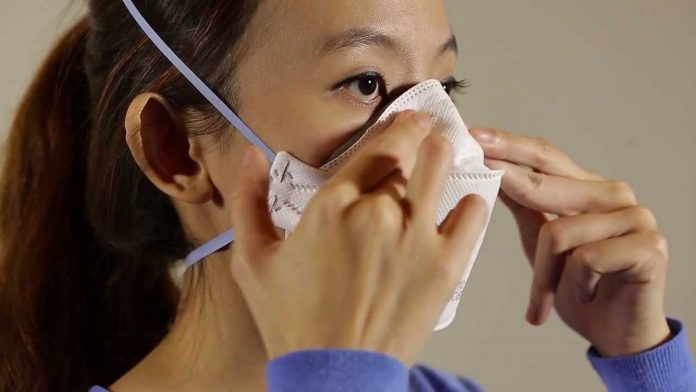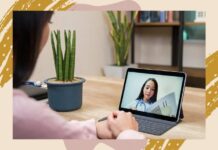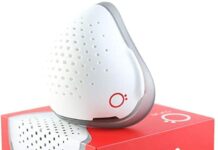COVID-19 has been one of the most hard-hitting pandemics of the century. This deadly killer has claimed many people all over the world regardless of their age and race. Its disastrous effects have led CDC and other health bodies to institute measures to help derail the disease’s spread.
Among these measures is the recommendation of people to wear masks. Though these protective wears may seem simple, they are efficient barriers to preventing respiratory droplets, bacteria, viruses, and other pathogens from reaching you. They also stop you from spreading the virus unknowingly to other people if you happen to be infected.
There are numerous masks out there; each one has a unique design that enables them to protect you from COVID-19 infection. One of the best types among them is the N95. Visit site Source Ortho to buy N95 masks.
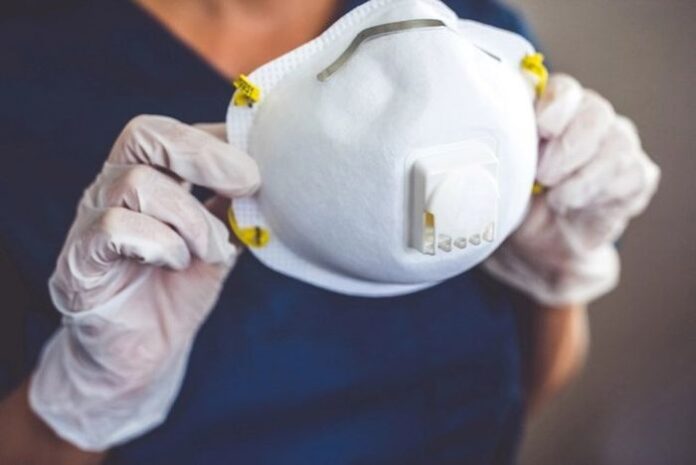
Among the features of this mask that enable it to achieve this feat include efficient filters that keep out different pathogens. They also have elastic straps that firmly hold them to your face so that no impurities creep in and adjustable nose clips for a secure fit around the nasal region.
As much as the N95 are efficient protectors against COVID infection, they will only be effective if they are correctly donned.
What Is The Proper Way Of Wearing N95?
To ensure that you keep safe from COVID-19 infection and other airborne infections, you must wear your N95 properly. Below are some tips on the right way of wearing them:
- Clean your hands with an alcohol-based sanitizer or soap before touching the mask
- Pick up the mask from the box
- Hold it with the colored side or logo away from you
- Spread it out by pulling the top and bottom of the mask apart
- Put the mask over your mouth and nose
- Mold the hard outer section around the bridge of your nose without pinching it such that it fits snugly
- Adjust the top strap so that it fits comfortably above your ears
- Adjust the bottom strap so that it is comfortably held below your ears
- If you follow these steps to the latter, the mask will be held onto your face firmly. Therefore, you won’t have to worry about any pathogens creeping into your mouth and nasal area via the mask’s sides.
Why Do You Need To Buy N95?
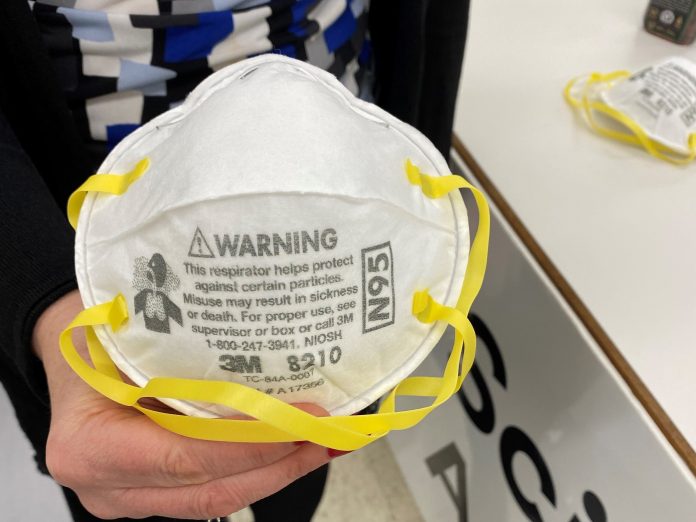
Masks have become part and parcel of our lives, especially as protective wear against COVID-19 infection. There are many masks available in the market; however, n95 is the best among them. Here are the reasons why:
1. Exceptional protection
It is designed with non-woven fabric that can filter impurities such as bacteria using mechanical and electrostatic filtration. As such, they can filter out even the smallest of impurities that are as small as 0.1 to 0.3 microns. They are therefore effective in protecting you from contracting COVID-19 in high-risk situations. This ability is the core reason why it is recommended for healthcare workers and other frontline workers.
2. They are comfortable
They are made using synthetic plastic fibers, usually polypropylene. This material is suitable for making masks, given that most people are not allergic to it. The inner layer of it is made using skin-friendly fabric. You can therefore wear them for long periods without feeling uncomfortable. To add to that, the elastic straps used in making these ones ensure that no strain is caused on your ears despite their tight-fitting nature.
3. N95 masks are breathable
The fabric used in making them contains tiny pores that are efficient in keeping out impurities and aid in your smooth inhalation and exhalation. As such, you won’t have to worry about feeling suffocated when you are wearing them.
These are among the reasons why you need to buy N95.
Who Can Wear These Masks?
N95 is suitable to be worn by everyone for protection against COVID-19 against the spread of the virus. There are groups of people who need it more than others either because of frail health conditions or exposure to high-risk areas. Among them are:
- Healthcare workers and frontline workers: These individuals are at more risk of getting COVID-19 infection because they come into close contact with people infected by the disease. Moreover, some of the environments in which they work expose them to COVID-19. The government highlighted the need for n95 to be explicitly reserved for healthcare workers and frontline workers.
- People with pre-existing health conditions: People with ailments such as cardiovascular defects, diabetes, or chronic cancer should don these masks given their high chances of getting infected.
- Older people: Most often, our immune system becomes weaker with age. Older people should therefore wear the n95 to help protect them from getting COVID-19 infection.
How to Clean Your N95
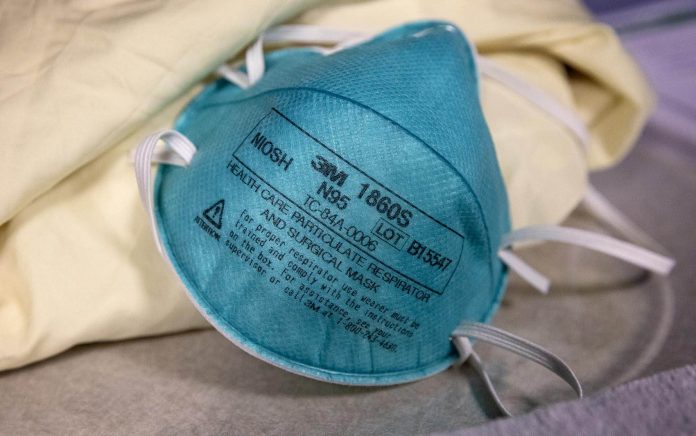
While there are instances when it’s not advisable to reuse your masks, such as when they are blood-stained, they have nasal secretions, or are tainted by other bodily secretions, if your n95 seems to be in good condition, you can wash and reuse them.
You can clean the masks by heating them for about an hour, steaming them for five minutes then air-drying them. This cleaning method ensures that they retain 92.4%-98.5% filtering efficiency.
Avoid cleaning the n95 using medical-grade alcohol or soap and water because these substances significantly reduce the filtration efficiency to 67% and 54%, respectively. Ensure that when you are cleaning these masks, you keep them at room temperature (21-23°C) and 40 percent humidity. After cleaning the masks, you should rotate them for a maximum of 3-4 days before disposing of them. Another guideline you should adhere to is ensuring that you store your masks in unpolluted areas.
If you wear your n95 properly and clean it appropriately, you will protect yourself from COVID-19 infection and save on the cost of buying these masks now and then. While masks are one of the essential COVID-19 protection measures, you should also ensure that you adhere to social distancing measures, washing your hands with alcohol-based disinfectants, and avoiding crowded places, among other measures.
